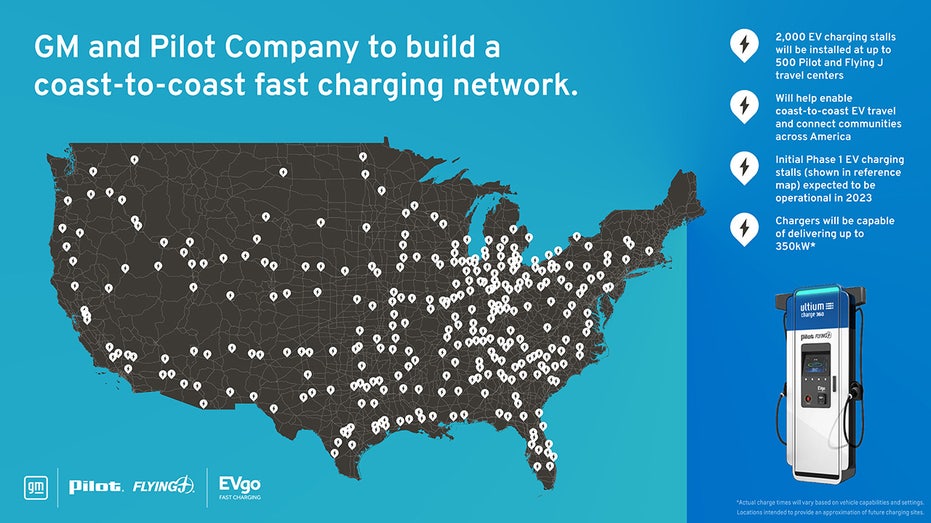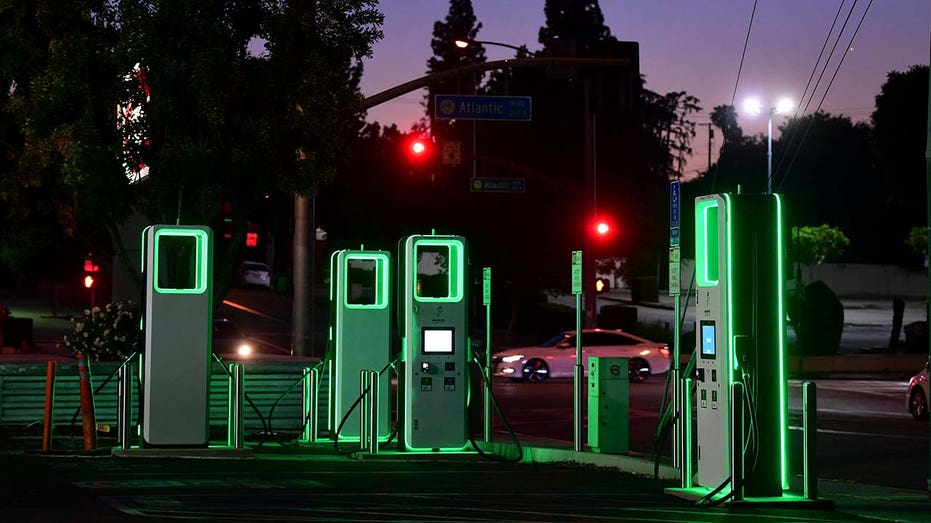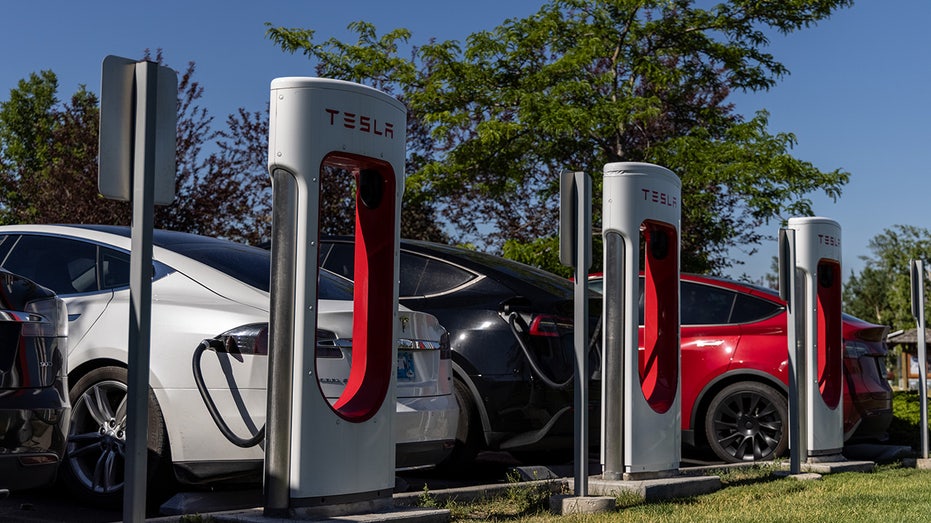Electric vehicles and charging stations fuel cybersecurity concerns
A cybersecurity expert outlines how people can protect themselves from this new threat.
BP Pulse teams up with Hertz to build EV charging network across North America
BP Pulse Fleet president Vic Shao discusses the deal to launch the nationwide charging grid on 'The Claman Countdown.'
The increasing popularity of electric vehicles prompted the Biden administration to announce the government would allocate $5 billion dollars to fund the growing demand for electric vehicle charging stations across the country, yet these stations may pose an invisible danger.
Pete Nicoletti of Check Point Software Technologies recommends all-electric vehicle manufacturers address a myriad of cybersecurity risks asserting that "hackers can impact a large number of EV Chargers all at once."
Nicoletti argues electric vehicle chargers are not "hardened" against physical attacks and could easily be used in the same way hackers target ATM machines to steal data. "Hackers all know that if you can touch it, you can hack it easily."

GM and Pilot Company to Build Out Coast-to-Coast EV Fast Charging Network (GM / Fox News)
BMW ACCELERATING SOUTH CAROLINA ELECTRIC VEHICLE PRODUCTION WITH $1.7B INVESTMENT
Electric cars are vulnerable to data breaches and "man in the middle" attacks, as addressed in UN Regulation No. 155. Hackers can steal personal information, open unauthorized files and gain internet or physical access to a car’s server.
If hacked, any data held on back-end servers could be lost or compromised. Any information readily disclosed on an electric vehicle can allow someone to eavesdrop on communications. Drivers can use data manipulation to falsify driver identity when communicating with toll systems. This also allows someone to change their mileage and driving speed.
A hack to an electric vehicle charging station could cause grid hostage blackmail such as causing stability problems by starting and stopping charging across many chargers synchronously

An Electric Vehicle charging station lights up green in the parking lot of a Ralph's supermarket. (Photo by FREDERIC J. BROWN/AFP via Getty Images / Getty Images)
GET FOX BUSINESS ON THE GO BY CLICKING HERE
"In addition to knowing what makes an EV charger safe, it’s important to understand the common attack vectors that can make EV chargers vulnerable. These include unsafe devices, port scans, unpatchable security issues, and application and ecosystem vulnerabilities," says Mike Sheward, a security professional at IoT firm Particle. "EV chargers need to be physically tamper-proof and equipped with the ability to detect energy theft."
There are ways to mitigate these threats if you drive an electric vehicle to prevent you from becoming a victim of a breach.

Electric vehicles (EV) at a Tesla Supercharger location at a Hilton hotel in Bozeman, Montana, US, on Wednesday, July 20, 2022. Across Montana's 147,000 square miles, the state government recently counted 57 charging stations, most of them clustered (Getty Images)
Nicoletti suggests drivers "report any suspicions, use a unique password when setting up charging accounts, use two factor authentication upgrades whenever possible, update your cars and EV code upon manufacturer recommendations, monitor the manufacturer of your EV charging station and the ones you use in public, use a separate credit card for EV charging to easily monitor transactions and keep your EV charger code updated."
CLICK HERE TO GET THE FOX BUSINESS APP
Sales of electric cars (including fully electric and plug-in hybrids) doubled in 2021 to a new record of 6.6 million, according to International Energy Agency. There are more electric cars sold each week than the entirety of 2012. This pattern of growth continues throughout 2022 along with increasing security concerns surrounding electric vehicles.




















